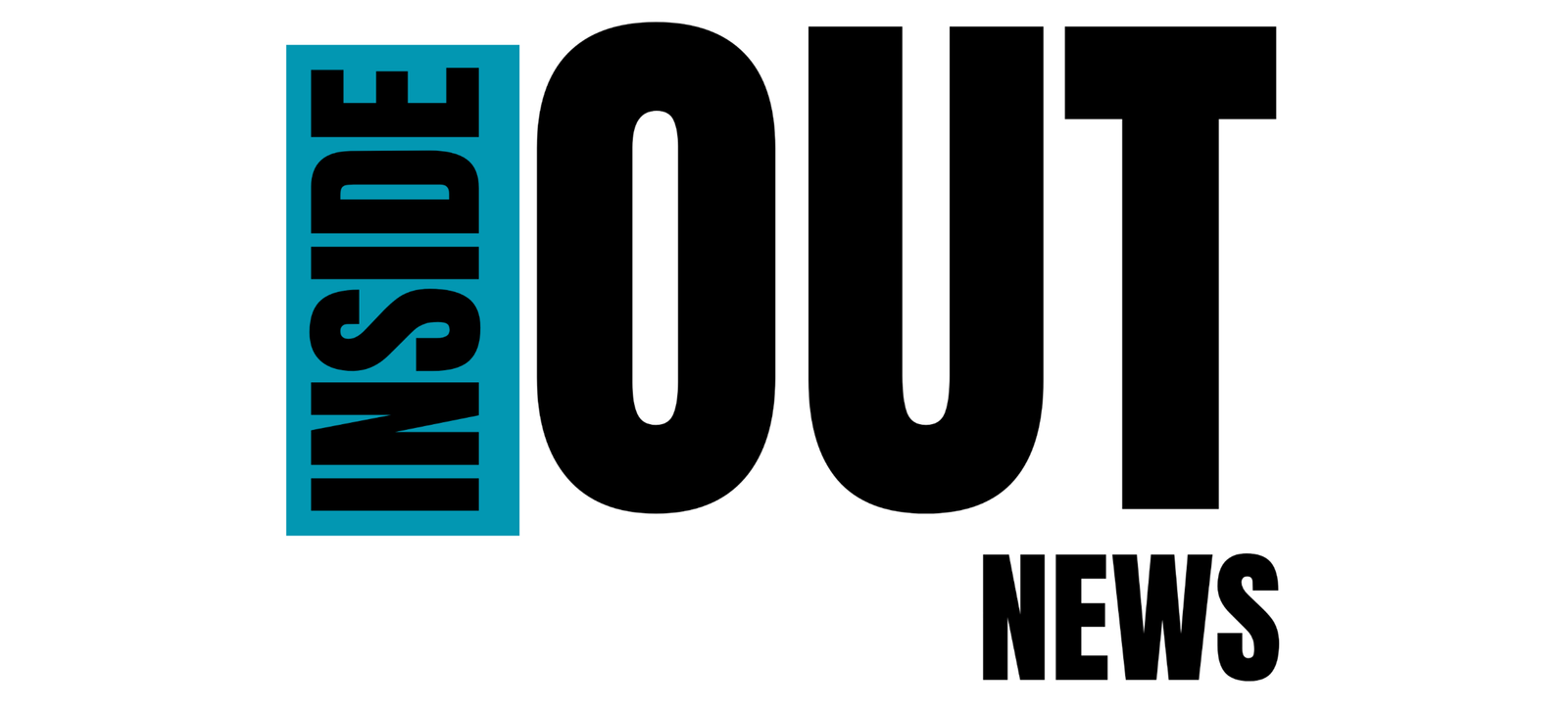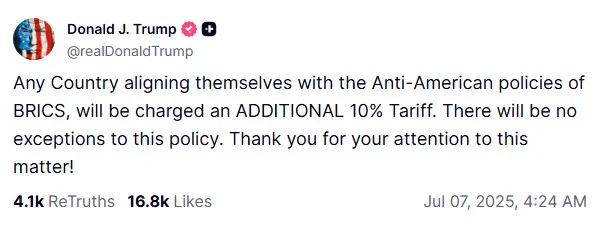SPAR takes a heavy R4 Billion knock
by Kelebogile Matlou
The SPAR Group has reported a massive R4 billion loss for the first half of its 2025 financial year, which ended on 28 March 2025. The massive loss was confirmed on Wednesday,4 June 2025, when the group released its interim financial results. The financial blow comes largely as a result of the group’s strategic decision to exit its operations in the United Kingdom and Switzerland, a strategic shift that led to R4.4 billion in asset write-downs.
SPAR confirmed it will no longer operate in the two international markets, which had been underperforming for several years. Despite these losses, the group remains active in its core markets, including South Africa and Ireland.
The business continues to operate in South Africa, but sales have increased by 1.7%, while domestic sales in Ireland have decreased by 0.6%. The entire loss for stakeholders was R4 billion, and earnings per share had decreased by 7,500% to -2,211.1 cents per share. The corporation made R300 billion from exchange rate discrepancies.

image: internet
SPAR Group CEO Angelo Swartz
SPAR Group CEO Angelo Swartz said the company has made “deliberate progress” on its plan to simplify its portfolio and strengthen the balance sheet. “This positions us well to harness future opportunities, drive continued margin improvement, execute effectively in our core markets, and deliver on the remaining elements of our strategic reset,” Swartz said.
As part of its renewed strategy, SPAR is shifting focus to markets with stronger performance potential, particularly South Africa. The company is also embracing innovation to attract modern consumers. One of the latest initiatives is a partnership with Uber Eats, currently active in over 130 SPAR stores. This move is aimed at expanding customer reach and boosting convenience.
While the R4 billion loss marks one of SPAR’s toughest reporting periods, the group appears committed to long-term recovery. Its exit from loss-making international markets and renewed focus on operational efficiency may pave the way for more stable growth in the second half of the financial year.



